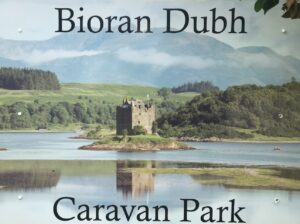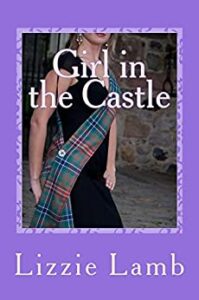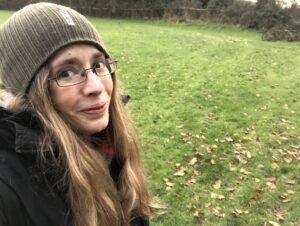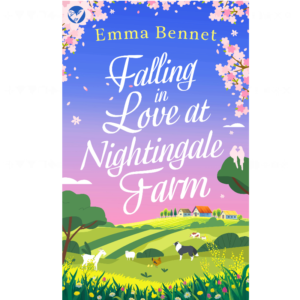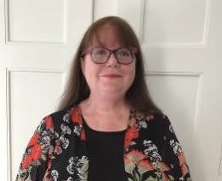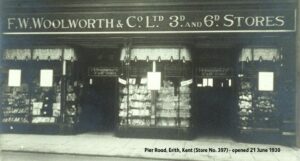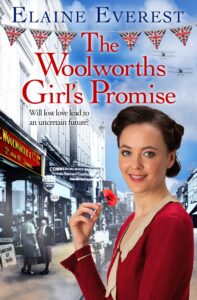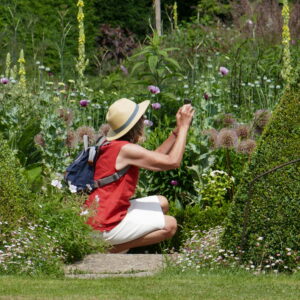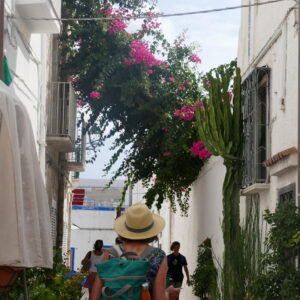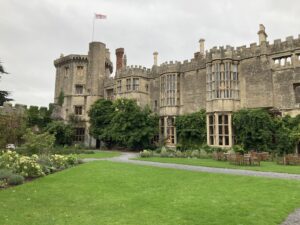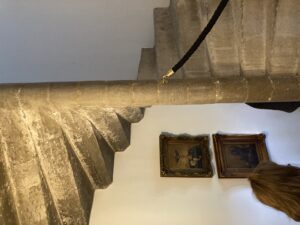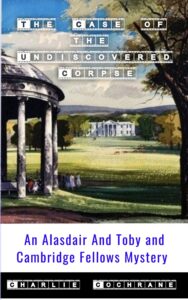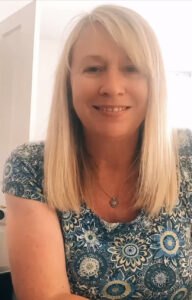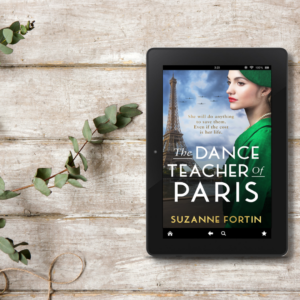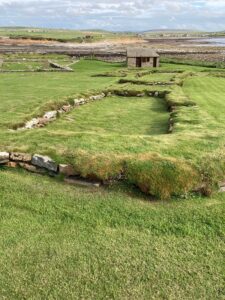 I write stories about the Vikings, and being half Swedish, it would have been easy to just set all of them in Sweden as it’s a place I know well. But where would be the fun in that? The Vikings were intrepid travellers and explorers, and journeyed far and wide. I had a wealth of places to choose from, and as I’ve been working on a series, I decided early on that each book would feature a different location. That hopefully makes it more fun for both the readers and myself!
I write stories about the Vikings, and being half Swedish, it would have been easy to just set all of them in Sweden as it’s a place I know well. But where would be the fun in that? The Vikings were intrepid travellers and explorers, and journeyed far and wide. I had a wealth of places to choose from, and as I’ve been working on a series, I decided early on that each book would feature a different location. That hopefully makes it more fun for both the readers and myself!
Book five, Promises of the Runes, (out this month) is set in Norway, and I’d previously used Sweden, Russia, Iceland and England. For book six, therefore, which I’m working on at the moment, I turned my sights on the Orkney Islands. It was a place Scandinavians had traded with for centuries, and no one really knows exactly when they began to settle there rather than just visit occasionally. By the 9th century, when my book takes place, they were well established and had integrated fully with the previous occupants, the Celts. Most of the islands have Norse names – any that end in ‘ey’, for example, as that means ‘island’.
There is nothing better for an author than to actually visit a place we are writing about. It helps with descriptions, catching the essence of a place – its scents, sounds, nature and people. So I dragged my husband along on an epic road trip. A twelve hour drive up to Scrabster, followed by 90 minutes on a ferry, and suddenly there they were – the gorgeous Orkney Islands.
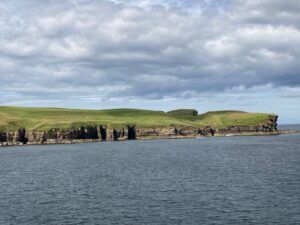 We were incredibly lucky with the weather and had beautiful sunshine and blue skies interspersed with fluffy clouds. The air is so clear and I found myself wishing I could paint the landscape just because the light was so brilliant. There’s a huge amount of history, going back to Neolithic times, but I was concentrating on anything remaining from the Viking era. We headed first to the Brough of Birsay, a tidal island that can only be reached by a causeway during low tide. Here are the remains of a large Viking settlement, the outlines of the houses clear on the grassy site. I could definitely see why they’d wanted to live in such a beautiful location! It was also perfect for use in my story.
We were incredibly lucky with the weather and had beautiful sunshine and blue skies interspersed with fluffy clouds. The air is so clear and I found myself wishing I could paint the landscape just because the light was so brilliant. There’s a huge amount of history, going back to Neolithic times, but I was concentrating on anything remaining from the Viking era. We headed first to the Brough of Birsay, a tidal island that can only be reached by a causeway during low tide. Here are the remains of a large Viking settlement, the outlines of the houses clear on the grassy site. I could definitely see why they’d wanted to live in such a beautiful location! It was also perfect for use in my story.
We visited several other Viking sites – one at Orphir called Earl’s Bu and another at Deerness. To reach the latter, we had to walk along spectacular cliffs that were part of a nature reserve. The Vikings had a settlement on top of a 30 metre high sea stack on a promontory sticking out into the North Sea – an isolated place, but again, stunning. Nearby was a beach and cove, perfect for longships.
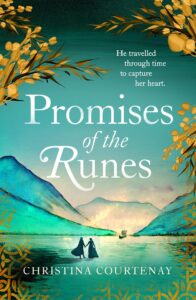 In Kirkwall, the main town, the historical museum had lots of Viking items, among them a bear tooth carved with runes. It might have been worn as protection against magic or to imbue the wearer with a bear’s strength.
In Kirkwall, the main town, the historical museum had lots of Viking items, among them a bear tooth carved with runes. It might have been worn as protection against magic or to imbue the wearer with a bear’s strength.
The most poignant reminder of the Vikings, however, was in the Neolithic tomb at Maeshowe. Shaped sort of like a beehive buried inside a huge earth mound, it is reached via a 10 metre long tunnel only a metre high. A thousand years ago a group of Vikings had apparently taken shelter there and scratched graffiti all over the walls. There were more than 30 messages written in runes. It really made these people come alive for me and I could see them sitting in there, bored and restless. The connection was almost visceral and I was so pleased I got to experience this.
If you get the chance, do visit the Orkneys!
Buy link for Promises of the Runes – https://geni.us/ExsdDss


